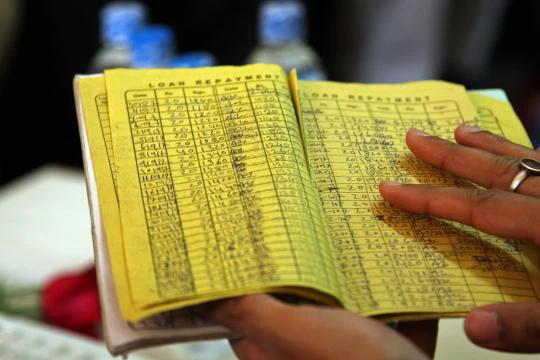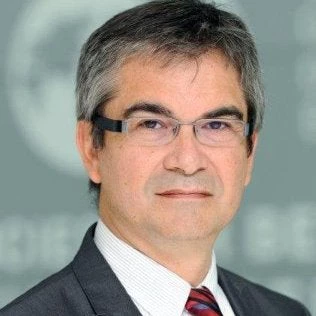The last 10 years have seen turbulent economic times. The global economic crises was rooted, in part, in standards for guiding private sector behavior and setting economic policy that failed to meet emerging challenges and risks. One of the lower profile, but important, consequences has been to reexamine the fiscal standards that have guided fiscal policy and management practices.
On October 6, 2014 the International Monetary Fund, at a joint event with the World Bank, launched its new Fiscal Transparency Code (FTC) and Evaluation following two years of intensive analysis and consultation. I congratulate the IMF on creating a set of standards that capture the quality of fiscal reports and data, are graduated to reflect different levels of country capacity, and more comprehensively covers fiscal risks.
The new FTC is part of a broader movement in which the standards and instruments that address fiscal management are being reviewed and developed. Key efforts include:
- An update of the Public Expenditure and Financial Accountability ( PEFA) Framework is currently underway, with feedback being sought on the consultation draft.
- The Global Initiative for Fiscal Transparency (GIFT) High Level Principles on Fiscal Transparency, Participation and Accountability, were endorsed by the UN in 2012.
- The OECD Principles of Budgetary Governance were issued in June 2014.
It is therefore no wonder that these updates are putting a strong emphasis in disclosing and managing fiscal risks, which played such an important role in the crisis. The standards also move toward a more comprehensive view of the public sector beyond the government, including state-owned enterprises and other off-budget sources of fiscal risk. Following the commodity boom of the last 10 years, extractive industries are also receiving special attention in the new standards. At the October 6 event, the IMF introduced an additional draft pillar in the Fiscal Transparency Code specifically on Resource Revenue Management.
These initiatives add up to a robust response to emerging challenges and new issues in the fiscal arena. The key question now is how to use these improved instruments and make sure that they make a difference on how Public Financial Management (PFM) is managed across the world. This is connected to how a policy maker will use these tools. I would suggest three ways the international community can help:
- Reduce the cost to governments for accessing and using these instruments, and increasing their consistency, while noting that they come from different perspectives.
- Align incentives and motivation for following up on assessments based on these instruments, through:
- Greater visibility of the results of the assessments to different stakeholders—that means thinking of the instruments as global public goods
- Ensuring clarity and constructiveness of the guidance that policy makers can take from the assessments
- Linkage to the concerns of policy makers, (such as budgeting for structural reform, effectiveness of development impact, and citizen engagement
- Be responsive:
- Mobilize resources. WBG has provided considerable support for public financial management (2004-2012 IDA $7bn for PFM projects; with 107 technical assistance projects in 2013), with a current pipeline of projects amounting to $4bn.
- In addition to providing funding, the international community needs to provide technical expertise to support complex reforms (mobilize good practice and know-how), and in so doing it is important to understand the broader institutional framework of budget and fiscal institutions, that cannot be written in any code; and to recognize capacity constraints, using the tools to measure progress over time.



Join the Conversation